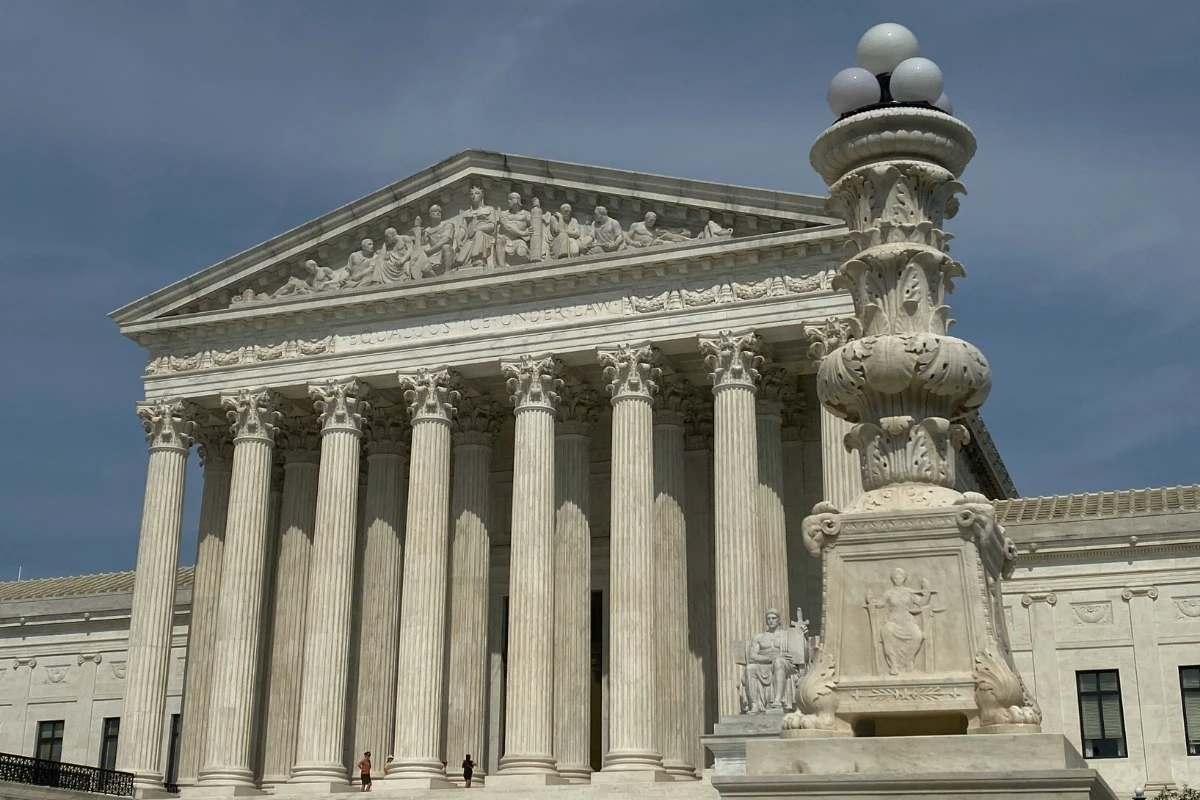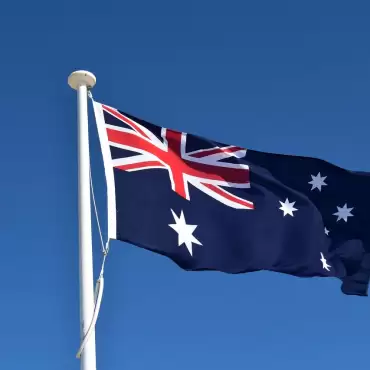On Tuesday (21 May) West Flagler and Associates (WFA) discounted a recent argument by the the US Department of Justice (DoJ) in the Florida sports betting case. The reply from the pari-mutuels suing the federal government is the final piece needed before the US Supreme Court (SCOTUS) considers whether or not it will take the case.
WFA argues that the 2021 Florida-Seminole tribe compact explicitly allows for wagering outside of Indian Country. That allowance, it says, violates the Indian Gaming Regulatory Act (IGRA). Last week, the DoJ wrote that the validity of the compact isn’t a federal issue and it doesn’t violate IGRA. Further, the DoJ argued that the US Department of the Interior’s (DoI) decision to allow the compact to become “deemed approved” does not violate any laws, state or federal.
WFA filed a writ of certiorari with the supreme court in April. At issue in the Florida wagering case is whether the DoI should have approved a compact that gives the Seminoles exclusivity to online wagering. It also allows the Seminoles to accept a digital bet placed anywhere in the state of Florida. Those bets, according to the compact, are considered placed in Indian Country if they flow through a tribal server.
WFA’s ultimate goal would be either to open the Florida market or shutter the Seminole’s Hard Rock Bet platform. The tribe launched the platform in November 2023.
WFA: Appellate court decision in conflict with SCOTUS
Previously, a US District Court judge ruled in favour of WFA, but that decision was overturned by a three-judge panel at the appellate level. WFA appealed for an en banc appellate hearing, but the full court declined to hear the case. Now, the question is whether or not SCOTUS will. That decision is expected as early as next month.
In Tuesday’s filing, WFA lawyer Hamish Hume argues that even though the DoJ believes that the compact doesn’t violate IGRA, its argument for why means SCOTUS should hear the case.
Hume wrote that the key issue in the DoJ response is that the “Court of Appeals correctly interpreted the compact as not authorising any sports gaming off Indian lands and therefore the approval of the compact did not violate IGRA.”
He goes on to say that the DoJ “concedes” that if the compact allows betting off tribal land, the approval is an IGRA violation. Such a decision, the DoJ argued, would be in conflict with previous SCOTUS decisions and therefore merits review. The ultimate question is whether or not the appellate court properly interpreted the compact.
Hume argues that the appellate court’s decision is simply to validate a compact approval that is “plainly unlawful”. He wrote that the DoJ did not address this and cites a previous SCOTUS decision with which the decision is in conflict. In addition, Hume argues that the “deemed” language in the compact that allows for the idea that a bet is placed where it is received is a “contrived device”. The appellate court, Hume argued, “evaded” addressing that issue.
Voters never got a say in Florida wagering case
Both sides agree that IGRA governs gaming on Indian lands. But IGRA, adopted in 1988, does not explicitly address digital gaming. Tribes, state governments and other entities have struggled with this issue across the US. Online sports betting isn’t directly banned via IGRA. But IGRA does not directly allow for it. The 2021 compact is the first approved that uses “shall be deemed” language as a workaround.
Also at issue is a state law that requires that any expansion of gaming in Florida go to the voters. By approving the 2021 compact, WFA argues, the state legislature expanded gaming without voter approval.
While this would seem like a state issue – and Justice Brett Kavanaugh all but said it is – Hume wrote, “the state law question of whether the online sports gaming provided for in the compact is legal bounces back to a question of federal law. It is authorised only if federal law accepts the “deeming” provisions and holds that IGRA authorises the online sports gaming that occurs off Indian lands. IGRA does not authorise such gaming and it is the job of the federal courts to so hold.”
More than 7,000 cases are filed with SCOTUS annually. It usually hears between 100 and 150.




